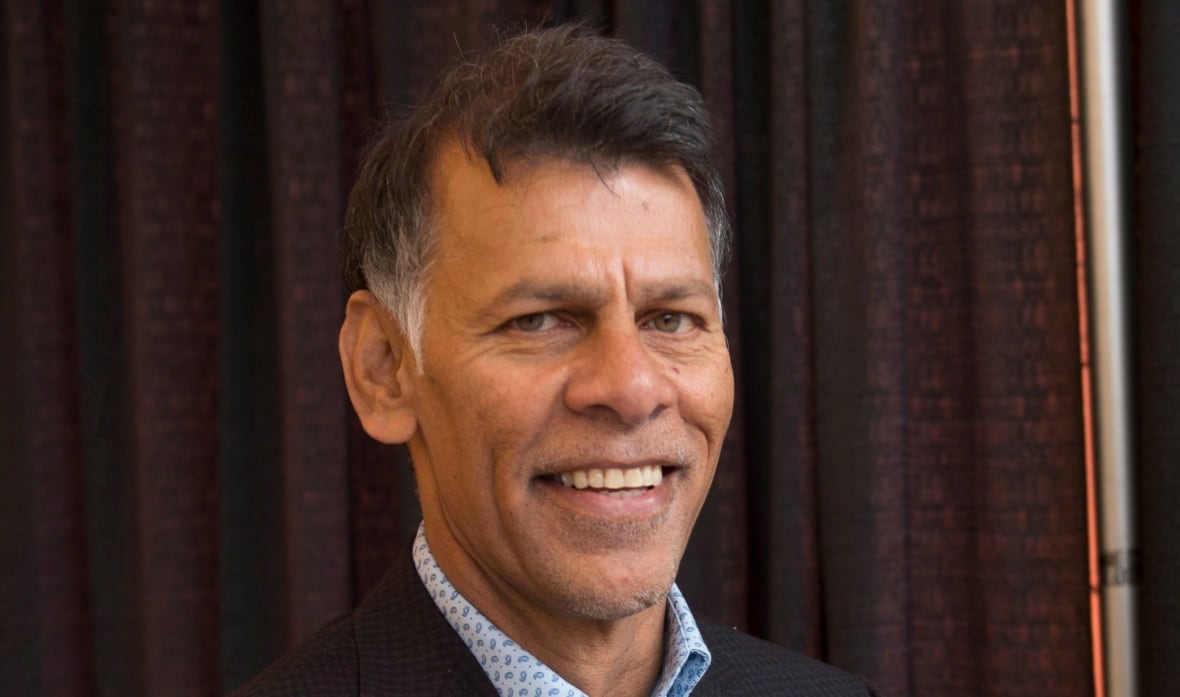Labour vote splitting as Canada's political parties shift policies to attract workers' support

A year ago, then-NDP leader Jagmeet Singh's Labour Day message to workers insisted that his party alone would stand shoulder-to-shoulder with working Canadians and the unions that work to protect their rights.
Six months later, Singh stood outside of an auto plant in Windsor, Ont., during the federal election, hoping to offer support and comfort to workers reeling from news of new auto tariffs from U.S. President Donald Trump.
But Singh was not greeted with warmth — most of them ignored him entirely, rushing past with their heads down as they came off shift, while some others indicated a preference for the Conservatives and Leader Pierre Poilievre.
It was an early indication that the NDP's stranglehold on union voters was loosening.
And sure enough, when the votes were counted on election night, the news for the NDP was grim. The party was shut out of Ontario completely, including across multiple union-heavy ridings in cities like Hamilton and Windsor.
It was the definitive proof that Canada's political landscape has shifted. Where labour unions and workers were once a safe vote for the NDP, the party can no longer count on their support.

Senator Hassan Yussuff, former president of the Canadian Labour Congress, said there are about four million unionized workers in Canada and that political parties recognize the power they wield more than ever before.
"The labour movement plays an important role in the fabric of the country, and political parties are going to have to be far more attentive around some of the issues that workers are thinking about," Yussuff said.
Changing political landscapeYussuff said both the Liberals and Conservatives have shifted their policies toward organized labour over the last decade and many within the NDP acknowledge the party has lost touch with where it started.
Interim NDP Leader Don Davies said there is a recognition among the party that it needs to go back to its roots and reconnect with workers. He said the party was formed in 1961 with the goal of bringing the voices of workers to the federal stage.
While the NDP received several endorsements from major labour organizations, those endorsements weren't always backed by the membership, and the Conservatives won over many union voters in worker-heavy manufacturing towns.
Yussuff said unions aren't monolithic, and the historic idea the labour movement is 100 per cent NDP is "certainly not true." He said about 25 per cent of workers have always voted Conservative.

Amanda Galbraith, a Conservative strategist and partner at Oyster Group, said Ontario Premier Doug Ford offers a great example of a right-leaning politician making an appeal to working-class voters and that, federally, Erin O'Toole led the charge when he was the party's leader.
While the Conservatives have historically been known as the party of "big business," she said they needed to shake that image in order to increase their voter pool.
Galbraith said former prime minister Justin Trudeau didn't always appeal to working-class voters, and his focus on what many saw as "woke issues" dragged the Liberals far left, which "left a lot of space for the Conservatives to take aim."
Steven High, a history professor at Concordia University who recently wrote a book about Bob Rae's Ontario NDP government, said the political landscape in Canada, and elsewhere, is undergoing a "fundamental shift" with the rise of right-wing populism.
High said exit polling in recent elections in Canada, the U.S. and Germany all show that voters without higher education are shifting to the right.
Noting that the Conservatives managed to capture seats in auto-manufacturing towns and steel towns, High also said the electoral flipping of Canada's working-class would have been even more dramatic in the last election if Trump's tariff war hadn't "upended Tory plans."
High said populist parties on the right sense a "generational opportunity" and have been adjusting their message and softening anti-union rhetoric.
"The weakening of the NDP's hold on organized labour has meant that the labour movement is being courted by the other parties in a way that they had not been earlier," High said. "The degree to which this rapprochement goes beyond symbolics and influences the policies of the Conservatives and Liberals is an open question."
Charlie Angus, a longtime NDP MP who didn't run in the last election, said the election results were a "wake-up call" for the NDP and for organized labour.
Angus said the connection between organized labour and the NDP has been challenged and that party organizers are less "in tune" as they're focused on data and now rarely come from union halls.
"We were probably both taking each other for granted," Angus said, noting that the NDP was founded to give working class people political representation. "I think we strayed from that mission."
cbc.ca





